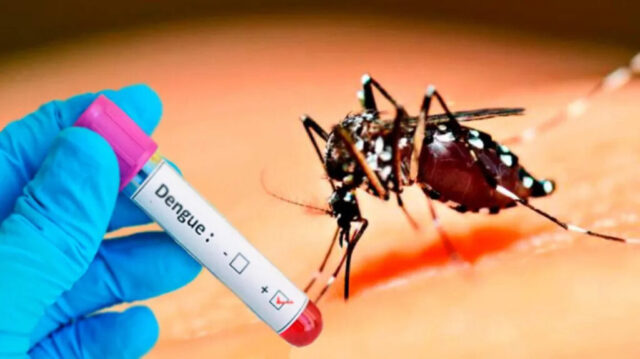 Scientists from several countries participate today in the 18th International Course on Dengue and Other Emerging Arboviruses, organized by the Pedro Kourí Institute, a leader in the study of communicable diseases.
Scientists from several countries participate today in the 18th International Course on Dengue and Other Emerging Arboviruses, organized by the Pedro Kourí Institute, a leader in the study of communicable diseases.Specialists from Argentina, Brazil, Nicaragua, Costa Rica, Paraguay, Puerto Rico, the United States and Cuba as host are attending this issue, in addition to 12 experts of the WHO and PAHO, who will make technical contributions, and provide advice on the management of outbreaks of arboviral diseases.
Among the experts figure Dr. María Van Kerkhove, acting director of the WHO Department of Prevention and Preparedness for Epidemics and Pandemics; and Dr. Andrea Vicari, Head of the Infectious Threat Management Unit, of the Department of Health Emergencies at PAHO.
One of the objectives is to update and discuss the epidemiological situation and the advances in the knowledge, prevention and control of dengue and other arboviruses with special reference to chikungunya, zika, yellow fever, mayaro and oropouche.
Official figures show that 2023 was classified as the year with the highest number of dengue cases worldwide, and in the Americas alone, more than 4.5 million cases were reported, with 7,665
serious cases and 2,363 fatal cases.
The four serotypes circulate in the region with co-circulation of 2, 3 and 4 serotypes in several countries, and cases of chikungunya fever have been gradually increasing with the report of a serious epidemic in Paraguay in 2023.
The call for the event warns that although the number of Zika fever cases remains low, its increase in the future is not ruled out.
At the end of 2023, an outbreak of Western Equine Encephalitis was reported in Argentina and Uruguay and finally, reports of Mayaro and Oropouche cases are becoming more frequent every day.
Delegates of the 18th issue of the course will be able to learn about the clinical management of patients, vector control, advances in research on pathogenesis, vaccines, genetics of the individual, viruses and the vector, new control tools, the influence of climate change on the emergence of diseases transmitted by mosquitoes of the genus Aedes.
Also, the control of outbreaks in the new scenario of co-circulation of arboviruses and new international initiatives and their impact on the emerging control of arboviruses will be shared.
The course, which will run until August 30, is organized by the PAHO/WHO Collaborating Center for the Study and Control of Dengue, the Pedro Kouri Institute of Tropical Medicine, the Cuban Society of Microbiology and Parasitology, the Cuban Ministry of Public Health, and the Pan American Health Organization/World Health Organization.